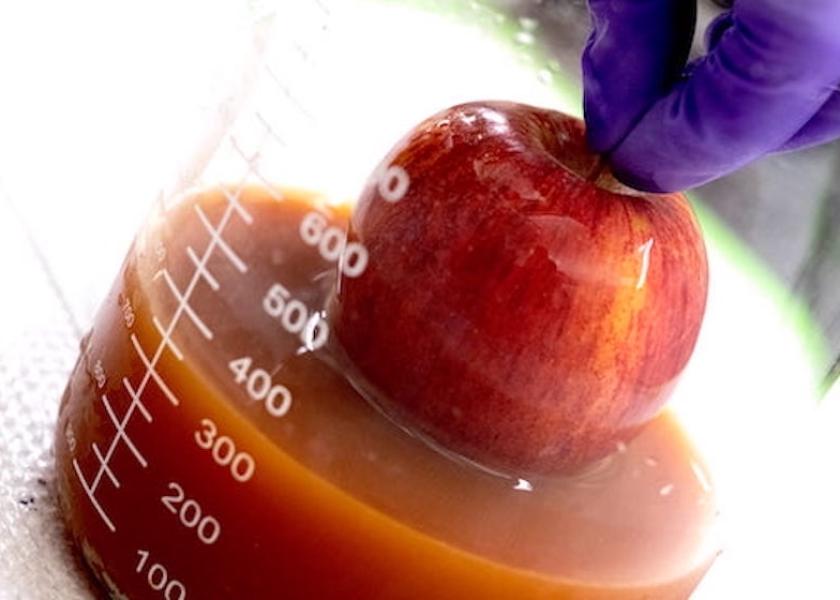Protein-based coating could keep produce fresh and reduce waste, researcher says

A Rice University researcher has developed a protein-based coating for fresh produce that he says could prevent food waste and preserve freshness.
Muhammad Rahman, an assistant research professor in materials science and nanoengineering in Rice’s George R. Brown School of Engineering, won a Partnerships for Innovation-Technology Translation award from the National Science Foundation to develop a sustainable, low-cost egg-based coating to extend the shelf life of fruits and vegetables, according to a news release. The project addresses both food preservation and waste management challenges, the researcher said in the release.
“The goal of this project is to develop an eco-friendly, biodegradable, protein-based nanocomposite coating that can be applied to the surface of variously shaped fruits and vegetables,” Rahman said in the release. “The coating will extend shelf life by reducing produce spoilage, dehydration and microbial growth rates. This award will allow me to move this project from lab- to pilot-scale.”
Rahman said a protein-based coating could be a game-changer, the release said.
Rahman’s project builds on earlier research on the egg-based coating, which was shown to double the shelf life of avocados, bananas and other fruit. The coating, which is made from surplus eggs, won Rahman and collaborator Pulickel Ajayan the Sustainable Technologies/Future Energy category in the 2021 Tech Briefs Create the Future competition.
Fruits and vegetables have the highest spoilage rates of all foods, the release said, with more than half of all produce ending up in the trash.
“The broader hope for this project is to improve the food industry carbon footprint and sustainability,” Rahman said in the release. “I strive to align my research with the challenges of this critical, historic moment that confronts us with the urgent need to address anthropogenic climate change and find real-world solutions for a more sustainable future.”







